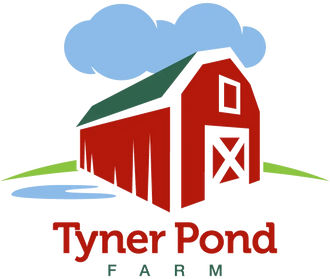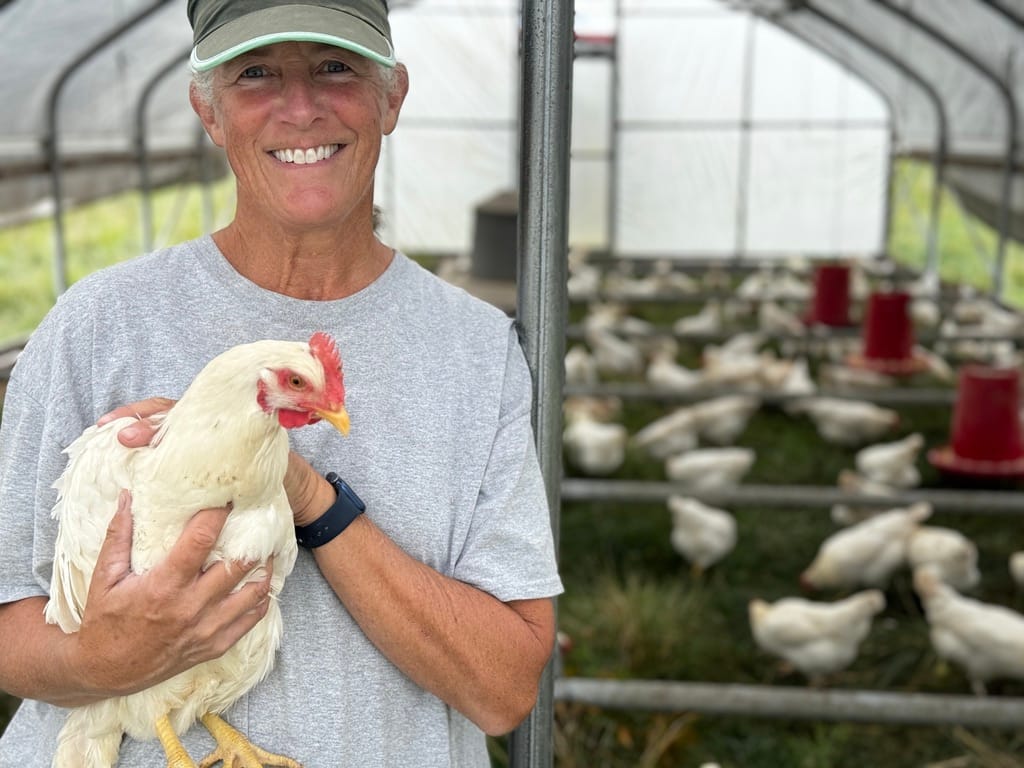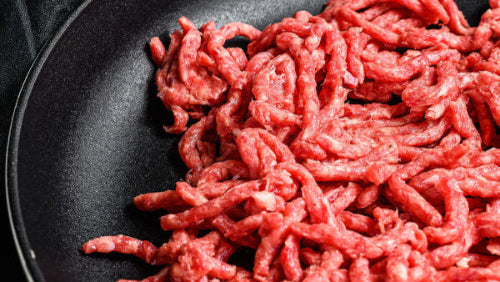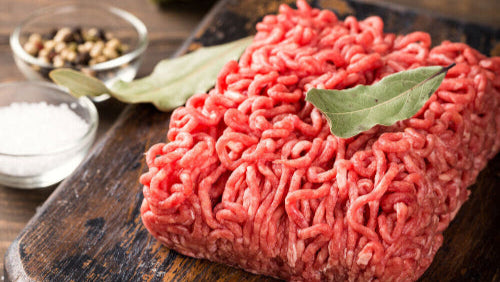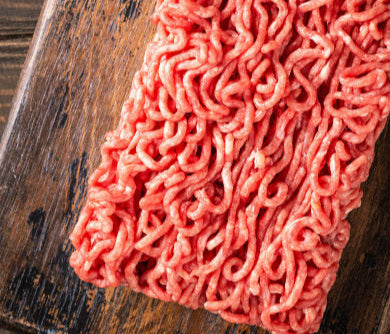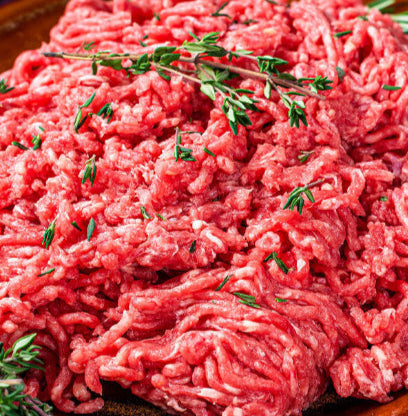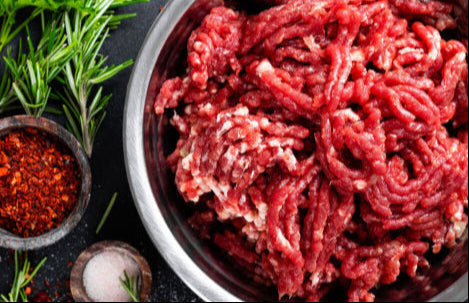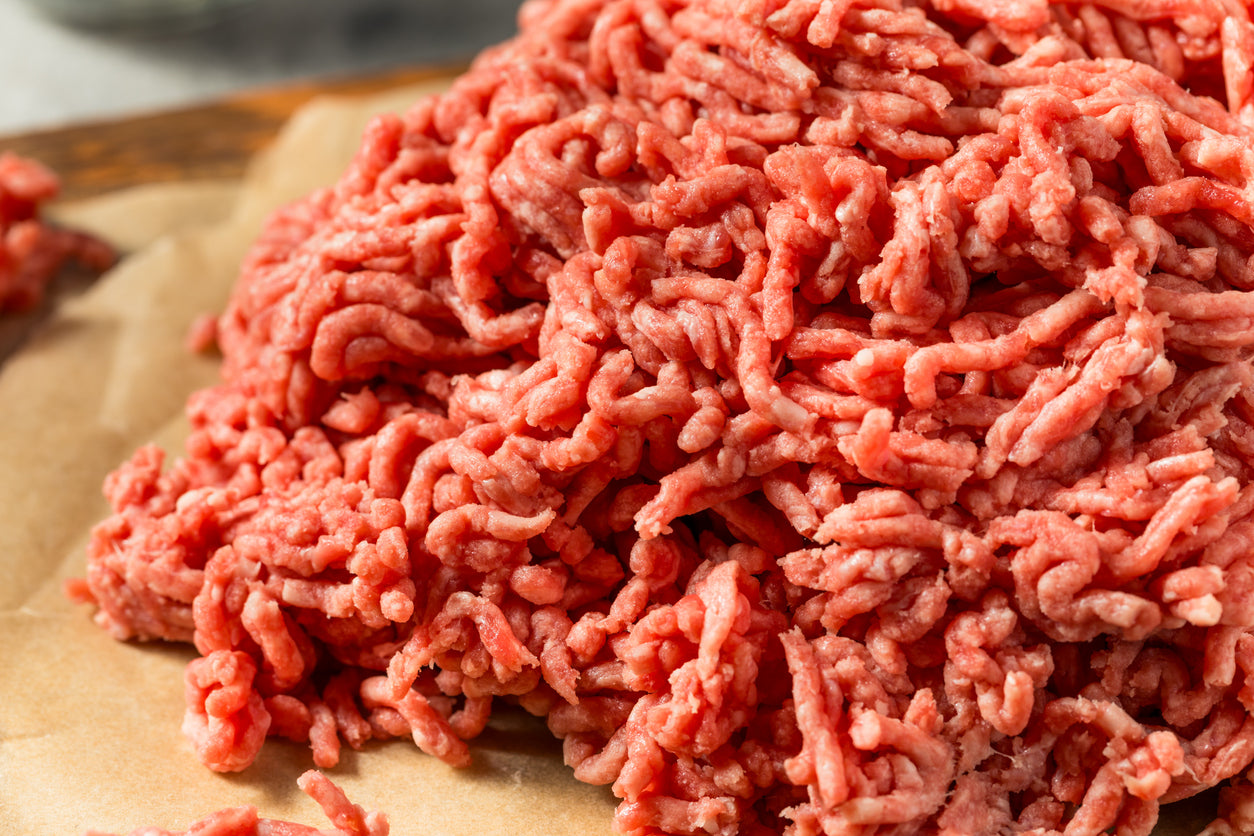
5 Ways Microbes Enhance Food Security: Letters From A Farmer In indiana #4
5 Ways Microbes Enhance Food Security
To have a truly independent food system, we must understand the vital role of microbial life. These microscopic organisms are the environmental heroes of food production, working beneath our feet to enhance soil health, support plant growth, and ensure nutrient availability. Farms like Tyner Pond recognize that fostering a healthy microbial ecosystem is essential for sustainable and resilient food production. So, I'd like to share these five crucial ways soil microbes contribute to food security: These tiny organisms have been vital to Earth's ecological balance since the beginning.1. Carbon Sequestration
Soil microbes are key players in carbon sequestration. Certain bacteria and fungi convert carbon dioxide into organic matter, storing it in the soil and enhancing soil health. This natural process helps maintain a balanced ecosystem. Microbes such as mycorrhizal fungi, actinobacteria, and rhizobia work in partnership with plant roots to increase carbon storage, contributing to richer, more fertile soil.2. Enhancing Plant Growth
Microbes are essential for robust plant growth. They break down organic matter, releasing vital nutrients, like nitrogen, phosphorus, and sulfur back into the soil...without corporate chemical dependencies. These nutrients are crucial for plant development. Farms like Tyner Pond rely on beneficial microbes like mycorrhizal fungi to improve root absorption of water and nutrients, leading to stronger, more resilient plants. Additionally, some microbes produce natural antibiotics that protect plants from diseases, eliminating the need for chemical interventions.3. Nitrogen Fixation
Nitrogen makes up 78% of the air around us. Nitrogen is a critical nutrient for plants, but it must be in a usable form. Microbes such as nitrogen-fixing bacteria convert atmospheric nitrogen into forms that plants can absorb. This process enriches the soil and supports plant growth. Bacteria like Rhizobium form symbiotic relationships with legume roots, ensuring a steady supply of nitrogen, which is essential for healthy crops.4. Nutrient Cycling
Microbes play a pivotal role in nutrient cycling, breaking down complex organic matter into simpler compounds that plants can use. Decomposers like fungi and bacteria recycle nutrients from dead plants and animals, maintaining soil fertility. Phosphorus-solubilizing bacteria make this essential nutrient available to plants, while sulfur-oxidizing bacteria ensure sulfur is accessible for various biological processes. This nutrient cycling is fundamental to sustaining healthy, productive soil.5. Reducing Soil Pollution
Microbes have the remarkable ability to break down pollutants, cleaning up contaminated soil. This natural bioremediation process helps protect ecosystems from harmful chemicals. Farms like Tyner Pond leverage the power of methanotrophic bacteria to reduce methane emissions. These microbes convert methane into less harmful substances, contributing to cleaner air and a healthier environment. By encouraging microbes istead of killing them, farms like Tyner Pond enhance soil health and promote food security. These organisms are a testament to nature's resilience and our commitment to preserving the environment, food security and community health. Letters From A Farmer In Indiana Issue #1 Letters From A Farmer In Indiana Issue #2 Letters From A Farmer In Indiana Issue #3
Tags:
Previous post
Sustainable Practices and Thriving Livestock at Tyner Pond Farm
Next post
